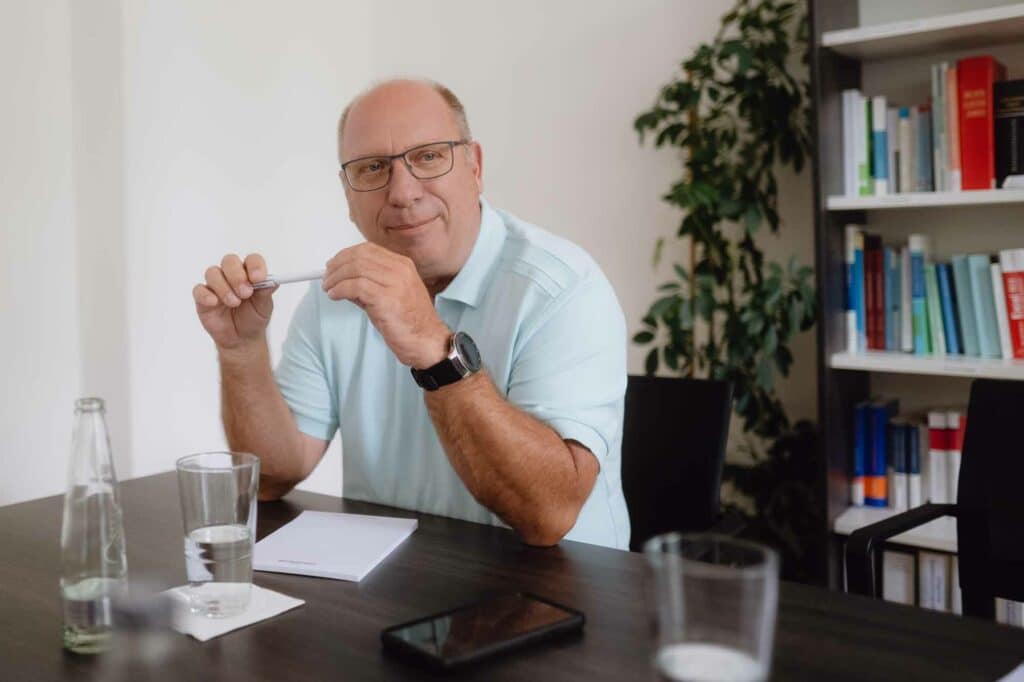The operating theater is indisputably a central service area of a hospital. This is where the quality of the service provided is decided to a considerable extent, and at the same time the service provided is a central factor for the economic success or failure of a hospital. The image of the “engine room” is certainly not completely absurd here: if the engine stutters, this affects the performance of the entire organization. Numerous cogs have to mesh together, functioning teams are a key prerequisite, and the working culture has often developed and solidified over many years. The complexity is high, so real specialists are needed to keep the system running and achieve the optimum level of performance. This makes it all the more serious that central reform projects are directly linked to the OP.
The example of outpatient surgery illustrates this well
Patients have to be guided in other ways, processes have to be adapted, premises have to be changed. The question of financing investments must be resolved if outpatient services become an increasingly large part of the offering.
However, the biggest challenge usually lies elsewhere and is usually significantly underestimated in terms of its relevance: the team of specialists mentioned above has been perfectly aligned with the specified requirements profile for years. This has given rise to a unique working culture. This has many advantages, as you can rely on each other blindly and there are unwritten rules that allow you to act efficiently and with high quality, tailored to the requirements profile.
A higher cycle time, different case spectra, other patients, etc. are in conflict with the requirements profile and thus in conflict with the culture. As the requirements profile is largely defined externally, there must be a cultural change. However, this is a long-term process that cannot be “ordered” on a piece of paper, but must be actively accompanied and moderated. This is often underestimated in practice; projects to transform OR settings into a (more) ambulatory world are terminated too early and ultimately lead to a high level of frustration among all those involved, especially among OR specialists directly.
Successful starting points from practice
There are starting points here that we implement in our daily consulting practice and that represent a significant success factor. Staff are looking for structures and orderly relationships, they must be able to recognize the sense in the changes being sought and also participate in the benefits. All too often, “hygiene factors” such as reliably planned operations with punctual start and end times and good staff planning fall by the wayside. This leads to a high level of dissatisfaction, which is an obstacle to constructive cultural change. Priorities need to be reorganized in surgery planning, balancing the expectations of outpatients with the acute needs of emergency care. Many conflicts can be avoided simply by structuring the operating theaters accordingly, which then clears the way for working on the cultural challenges of collaboration in a changing environment.
Key figure-based OR management as a success factor
Working on the team and within the team, on the “soft” factors, is therefore a key success factor. However, in order to obtain the freedom to do this, “homework” must be done in advance: Key figure-based OR management must be standard. It creates transparency and commitment. It facilitates discussions driven by facts rather than emotions. All members of the team are given access to relevant key figures and targets, reducing conflict-laden management knowledge.

This is what our process management experts stand for
Many years of practical experience in OR management, knowledge of human nature and technical expertise. We are also aware that a transformation process cannot be imposed from outside.
With our support, we want to put you and your team in a position to shape the change process and find a stable long-term setup. Find out more about our process management expertise here.





